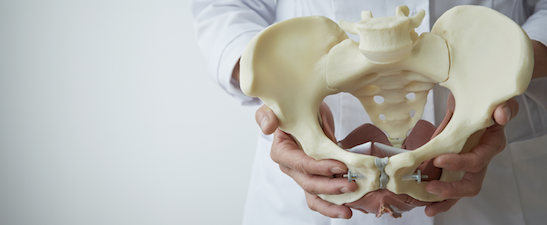Follow-up evaluation
In best hands – our professional experience for your health

Pelvic organ dysfunction in a chronic neurogenic disease can vary considerably, even within a relatively short period of time. Meticulous follow-up and regular checks are necessary to preserve health and quality of life. Early diagnosis and treatment are essential in both congenital and acquired pelvic-organ dysfunction. Irreversible changes (especially within the lower urinary tract) may occur if not treated. Regular follow-up, early intervention and adequate treatment can prevent irreversible deterioration of both the lower and upper urinary tracts. Follow-up intervals depend on the individual risk and complication profiles; in general, a follow-up is recommended every one or two years.
The follow-up evaluation comprises a consultation with urine and blood tests and a urodynamic study that includes ultrasound, radiology and/or endoscopy. According to the results, the treatment of lower-urinary tract dysfunction can be adapted to minimize risk factors and complications, such as urinary tract infections and urinary incontinence. If needed, a bowel and/or sexual/reproductive function reevaluation would be performed.
